Farmer’s Guide to Trucking Regulations available to Ohio Farm Bureau members
The guide includes a farm driver checklist, overview of state and federal regulations and exemptions, CDL qualifications and more.
Read More
An interesting place you can visit during these difficult times is the Middlefield Original Cheese Cooperative on state Route 87, just east of Middlefield. This cooperative is the only Amish owned and operated cheese-making facility in the area.
This cooperative now is making several different kinds of cheese. Right now, it is processing about 140,000 gallons of organic milk per week that comes from the Lancaster, Pa., area.
A group of organic producers over there lost the processor that was making their cheese. So they looked to the Middlefield cooperative to help them. According to Nevin Byler, co-op manager, employees are working 10-hour days, five days per week, to get the milk made into cheese.
In addition to this cheese, it continues to make a special kind for five Indian restaurants in the Cleveland and Washington, D.C., areas. The market for this cheese had been good until the coronavirus hit and forced these restaurants to close. Now they are beginning to open up, and demand for the special cheese is coming back.
The cooperative has a group of local producers who feed their cows only grass products. Their milk is used to make a grass-fed cheese that some people prefer because of certain health qualities. It is available at the co-op’s retail store.
A small group of goat farmers sends milk to the cooperative, where it is made into goat cheese. Some people prefer this cheese, and you also can buy it at the retail store.
Several American-type cheeses continue to be made from local milk. These include their cheddar, one kind they have won some state awards with. Other American types include colby, monterey jack, farmers, marble and more.
It also makes its own high-quality Swiss cheese that requires a different process than the other cheeses.
The retail store is open daily except for Sunday for customers to buy products such as locally made jams and jellies, maple syrup, bakery products, and more. They usually have cheese samples available for tasting. Masks and social distancing are encouraged. A big viewing window allows customers to see cheese being made.
Before the virus, the co-op cheeses were being sold to a number of northeastern Ohio outlets. Customers are beginning to come back to buy these quality products.
Looking at a different way to use dairy products, a New York company is taking an unusable dairy byproduct and making it into hand sanitizer. Originally, it planned to make a beverage-grade alcohol, but it found the demand for hand sanitizer was good and changed plans for now.
To produce this 80% alcohol product, it gets five gallons of recyclable water for each gallon of sanitizer. This makes its process more environmentally friendly,
Right now, the company’s hand sanitizer is being sold to the government and other outlets. This company hopes, at some point, to get back to its original plan to make a beverage-grade product.
Using this milk byproduct to make another product in high demand is an example of research at work. We find, through various research methods, ways to use our farm products that we never thought possible. Agricultural research is essential if we are going to feed our nation and other parts of the world. It is amazing that less than 2% of our population feeds our country and exports to others.
Submitted by John Parker, a professor emeritus at The Ohio State University and an independent agricultural writer.
OFBF Mission: Working together for Ohio farmers to advance agriculture and strengthen our communities.


The guide includes a farm driver checklist, overview of state and federal regulations and exemptions, CDL qualifications and more.
Read More


Mary Klopfenstein of Delphos has been named Young Ag Professional and Ag Literacy Program Specialist for Ohio Farm Bureau.
Read More

The plan has been updated to give sole proprietors access to more rate stability and a smart solution that offers potential savings on health care.
Read More

The American Farm Bureau Federation, in partnership with Farm Credit, is seeking entrepreneurs to apply online by June 15 for the 2025 Farm Bureau Ag Innovation Challenge.
Read More

Adele Flynn of Wellington has been elected treasurer of the Ohio Farm Bureau Federation and now holds the third highest elected office in Ohio’s largest and most influential farm organization.
Read More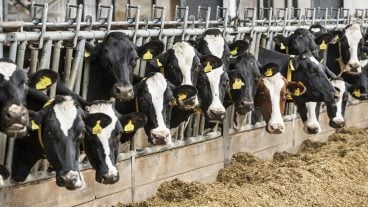
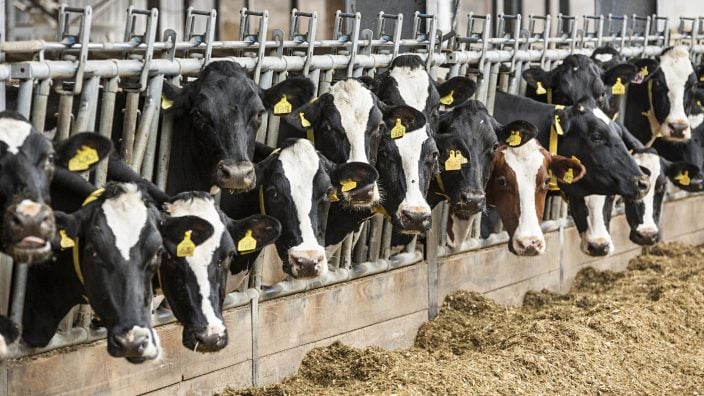
Producers are urged to work with their veterinarian to practice enhanced biosecurity measures and review and limit cattle movements within production systems.
Read More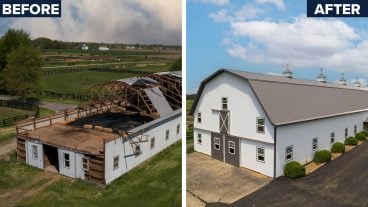
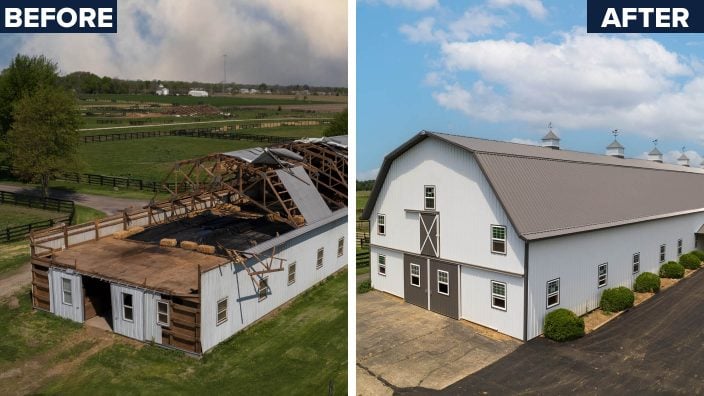
The changing seasons bring with them the need to thoroughly inspect pole barns for any damages that may have occurred during the winter months.
Read More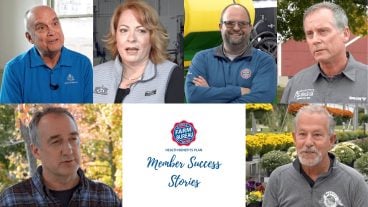
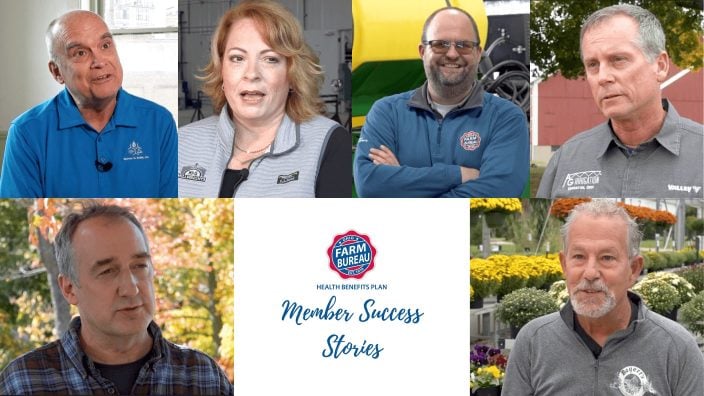
Hundreds of Ohio businesses and sole proprietors are raving about Ohio Farm Bureau’s Health Benefits plan with lower, predictable costs and easy enrollment and administration options.
Read More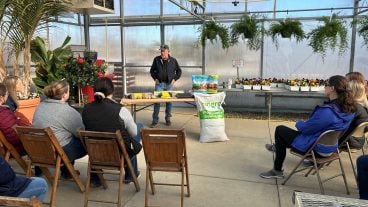
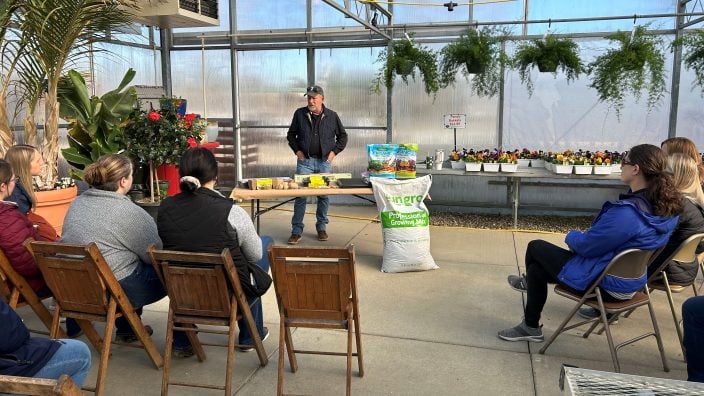
AgriPOWER Class XIV spent a few days in March in Medina and Wayne counties learning more about northern Ohio agriculture from leaders in Ohio Farm Bureau.
Read More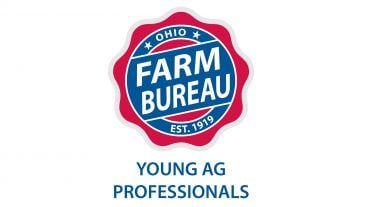
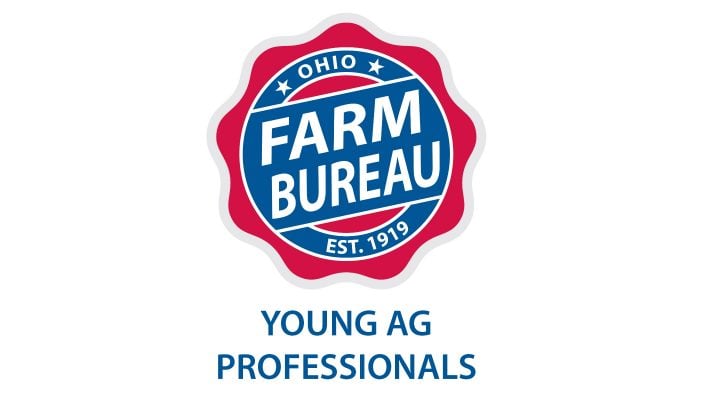
Leading Ohio Farm Bureau’s 2024 YAP State Committee are Luke and Kayla Durbin of Coshocton County, Tim and Sarah Terrill of Montgomery County and Carly Fitz of Perry County.
Read More